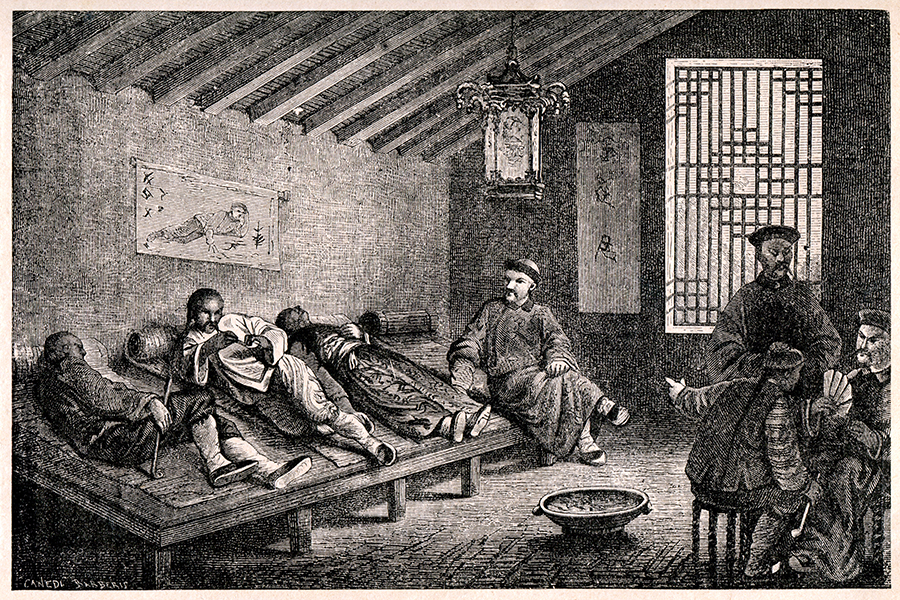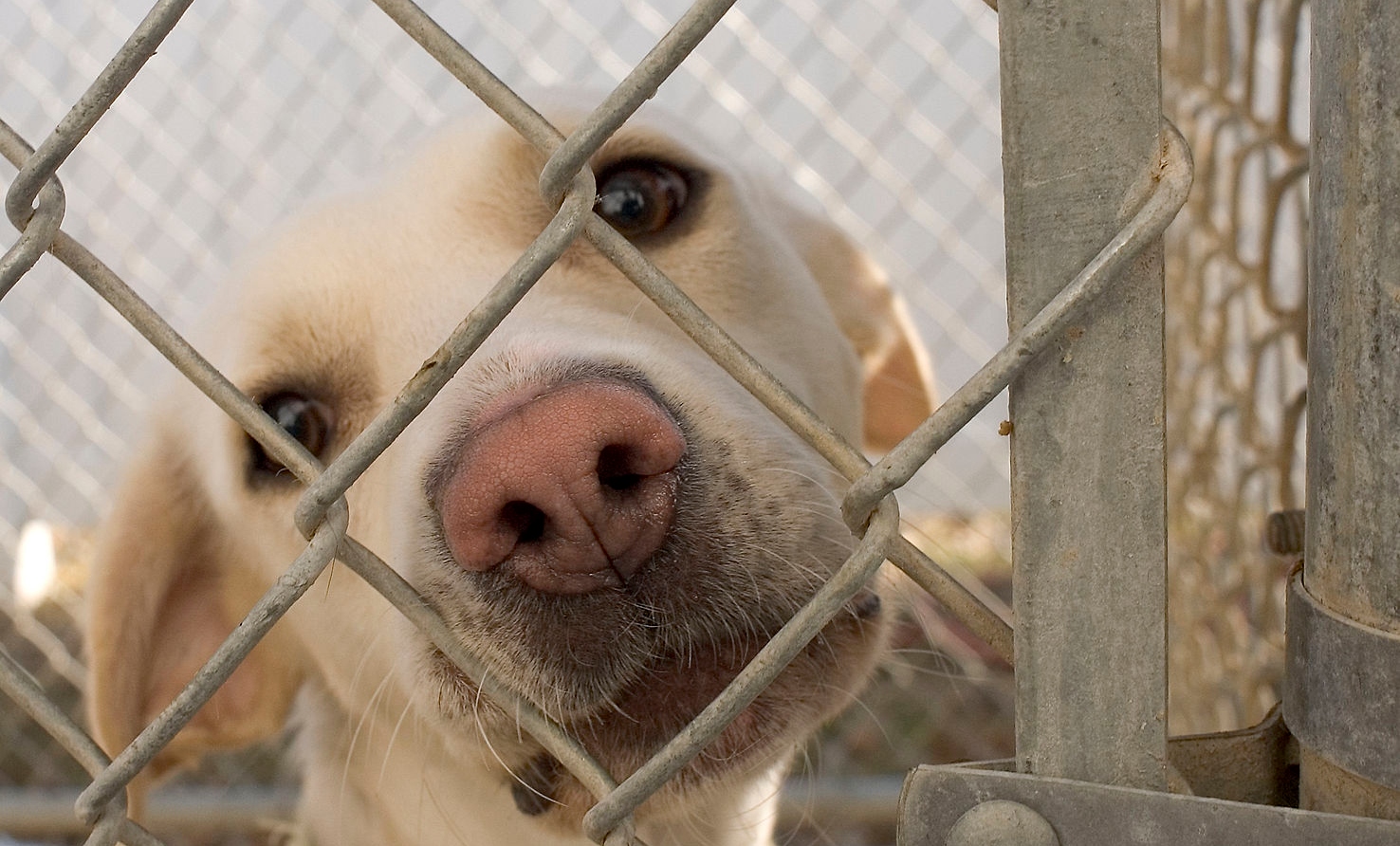
More injecting centres thread the needle

by JOHN MOYLE
A recent coronial inquest into the overdose death of a young man in the toilets of Liverpool Hospital has called for a medically supervised injecting centre to be established in the area.
The report by Deputy State Coroner Harriet Grahame said “there is clear evidence arising from this inquest which supports a recommendation for an immediate feasibility study in relation to the establishment of a medically supervised injecting centre in the SWSLHD (South West Sydney Local Health District).
The death being investigated is one of four from heroin overdoses in public hospital toilets since 2015.
“It is a coroner making a recommendation on how best to keep the people of NSW safe,” Dr Marianne Jauncey, Medical Director, Uniting Medically Supervised Injecting Centre, Kings Cross said.
Harm minimisation approach
The inquest also revealed that 3120 people in the Liverpool area are registered in a local opioid treatment program, representing around 14 per cent of all people in treatment across NSW.
Australia currently has two medically supervised injecting centres, one in Kings Cross, NSW and one in North Richmond, Victoria.
Alex Greenwich, independent member for Sydney, said “We need a comprehensive harm minimisation approach based on the evidence in line with the Deputy State Coroner’s recommendations to introduce pill testing, decriminalise personal drug use, overhaul strip searches and drug dog operations, and hold another drug summit.”
According to the Penington Institute 1,877 people died from opioid use between 2012 and 2016, of which 554 were directly attributed to heroin.
In response to the Deputy State Coroner’s inquest findings a spokesperson for NSW Health said “It was not supported on the basis that the Drug Misuse and Trafficking Act 1985 allows for only one supervised injecting centre facility licence in NSW to be issued and that a 2016 statutory review concluded that there was not sufficient need elsewhere in NSW to recommend changes to the Act.”
Dr Alex Wodak, President of the Australian Drug Law Reform Foundation, is a pioneer in Australian drug law reform who helped establish the first needle exchange program and is a supporter of increasing the number of injecting centres across Australia.
“We don’t need them on every corner but we need them in areas that satisfy two criteria,” he said. “Firstly, they should be in areas where there are overdose hotspots, and also, critically, they have to be in areas where residents and local businesses support the establishment of medically supervised injecting centres.”
There are now approximately 120 medically supervised injecting centres worldwide, with Australia and Canada being the only non-European countries to have them.
Switzerland, a much smaller county by area and population, has 22 centres nationally, with three of these in Zurich and two in Basel.
The Netherlands leads the way with 31 sites located in 25 cities.
Since the opening of Vancouver’s first injecting centre in 2003 Canada now has around two dozen sites.
Servicing demand saves lives
“We are the most urbanised country in the world so most of our population lives in big cities, but there are some areas like the north of NSW and other areas where illicit drug use and drug injecting are significant health problems and where we could save a lot of lives and help some very desperate people,” Dr Wodak said.
Dr Wodak envisages that around 20 centres across the country would be needed to service the demand by injecting drug users.
While the Kings Cross centre needs to be large to cater for injecting drug users from across the Sydney area, not all centres would need to be of this size.
“Not all services need to be stand alone, you can have smaller services that can be integrated with larger services and they certainly don’t need to create a large profile,” Dr Jauncey said.
“In some of the centres in Europe it is sometimes just a small room off the side to a larger health service.”
Liverpool Hospital, where the fatal overdose took place, issues clean needles and some counselling but does not have the capacity to deal with or monitor how these are used.
Dr Jauncey said “It’s a case of not only taking the conversation to the government but also to the broader community.”
Stressing that drug law reform and the injecting centre has support from both sides of politics Dr Jauncey added “The Liberal Party has always allowed a conscience vote in relation to the legislation that allows us to operate legally.”
“I encourage anyone in the community where experts believe an injecting centre would reduce harm to learn from the Kings Cross model, where local residents, businesses and political leaders worked together to convince the government to go ahead,” Alex Greenwich said.
The NSW Government 2019-20 budget for alcohol and other drug services was $231.6 million, less that what is spent on road accident prevention.
“Governments need to be assured that they are not going to get punished by the electorate at the next election,” Dr Jauncey said.









